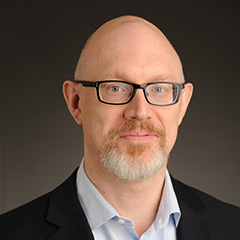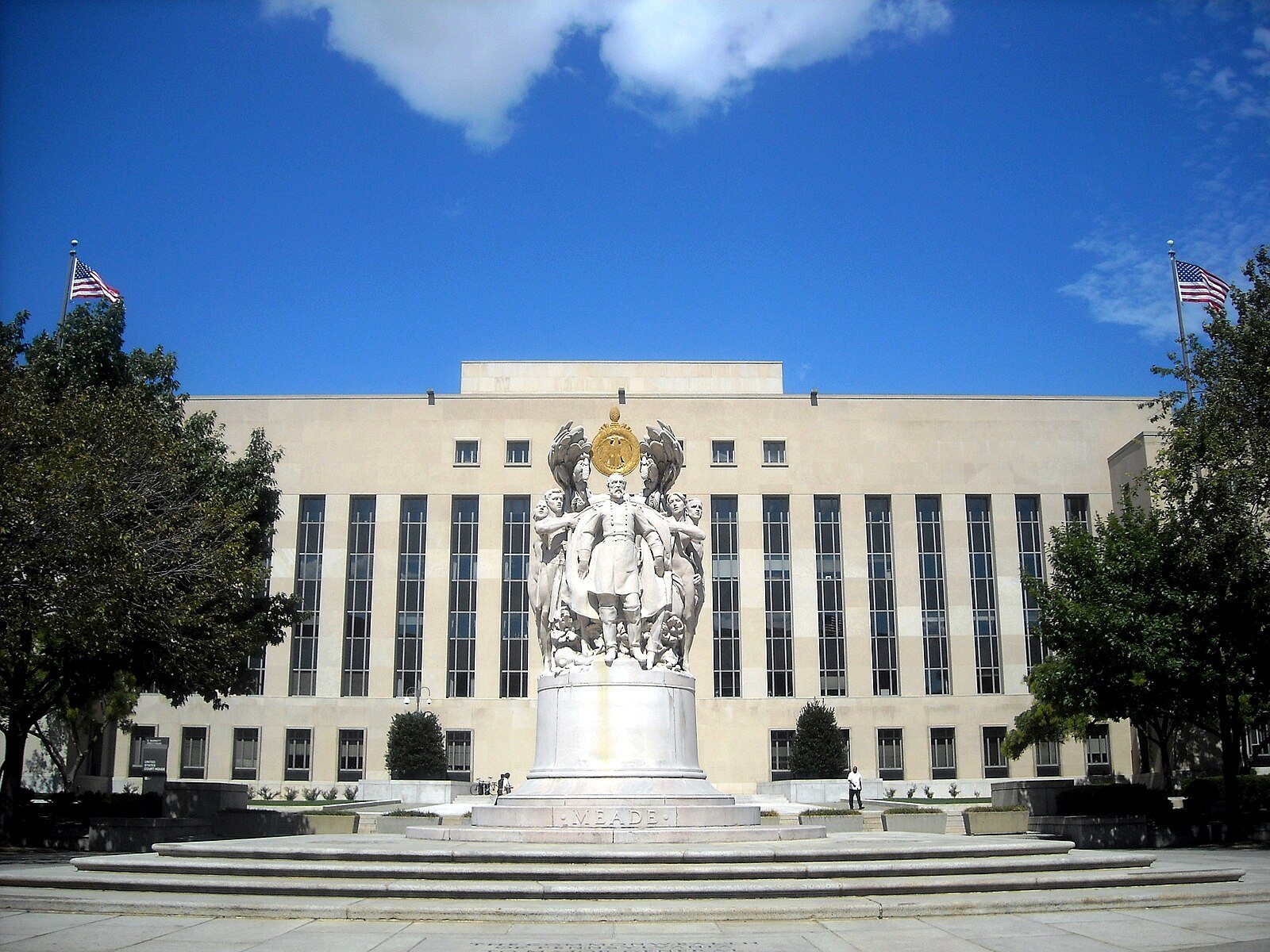Legal Ethics Questions for Trump’s Personal Lawyer
Concerns about the role and conduct of President Trump’s personal defense lawyer for the Russia investigations, Marc Kasowitz of Kasowitz Benson & Torres LLP, have previously been raised at Lawfare.
Published by The Lawfare Institute
in Cooperation With

Concerns about the role and conduct of President Trump’s personal defense lawyer for the Russia investigations, Marc Kasowitz of Kasowitz Benson & Torres LLP, have previously been raised at Lawfare. Several aspects of this topic have now received a lengthy treatment in the New York Times.
Because of the reporting by the Times and other organizations, questions have arisen about the applicable ethics rules that govern Kasowitz’s representation of Trump, and whether any of those rules may have been violated. Below I sketch the governing ethics framework and address some questions raised by the conduct reported to date.
As a general matter, enforcement of legal ethics rules is spotty, at best. But it seems reasonable to expect the personal lawyer for the President of United States to abide by the baseline ethics rules that apply to all lawyers, even if a violation of those rules is unlikely to bring an enforcement action.
Which Entities May Regulate
According to his website, Kasowitz is a member of the New York bar but not the District of Columbia bar. His New York admission is in the state’s First Department, covering Manhattan, where his law firm is based.
As a non-member of the D.C. bar, Kasowitz is not subject to regulation by D.C. bar authorities (unless he is temporarily admitted "pro hac vice" for the purpose of appearing before a court in D.C.). But he is subject to bar regulation in New York. Under the New York Rules of Professional Conduct, Rule 8.5(a), Kasowitz may be disciplined by New York bar authorities of the First Department even if the misconduct occurs in another jurisdiction, such as D.C.
If there is a future court proceeding in which Kasowitz represents Trump, Kasowitz will also be subject to the disciplinary authority of that court.
And note that lawyers, like everybody else, are bound by a jurisdiction’s rules of contract, tort, and crimes, and so Kasowitz is subject to potential civil and criminal regulation in D.C. and New York for any acts that violate the laws of those places and over which their courts have jurisdiction.
Choice of Law
Returning to legal ethics rules, which for Kasowitz will be enforced primarily and maybe solely by New York bar authorities, the next question is choice of law—which jurisdiction’s substantive rules of legal ethics apply. To the extent Kasowitz represents Trump in grand jury proceedings or other federal criminal proceedings before the U.S. District Court for the District of Columbia, Kasowitz’s conduct will be governed by D.C.’s substantive rules as applied by New York ethics authorities. For all other conduct in D.C. or New York, Kasowitz will be held to New York’s substantive rules of ethics. So for now, we should focus on the New York substantive rules.
Interactions with Unrepresented Persons
New York rules require lawyers to exercise great caution when interacting with persons not represented by counsel whose interests may be adverse to those of the lawyer’s client. The New York Times reports that:
Mr. Kasowitz in recent days has advised White House aides to discuss the inquiry into Russia’s interference in last year’s election as little as possible, two people involved said. He told aides gathered in one meeting who had asked whether it was time to hire private lawyers that it was not yet necessary, according to another person with direct knowledge.
With so little detail about what was said, a definitive statement about the ethics of Kasowitz’s comments cannot be offered. But the reported conduct is troubling. New York Rule 4.3 states that:
The lawyer shall not give legal advice to an unrepresented person other than the advice to secure counsel if the lawyer knows or reasonably should know that the interests of such person are or have a reasonable possibility of being in conflict with the interests of the client.
D.C.’s Rule 4.3 is substantially the same. The rule is designed to prevent lawyers from using their greater knowledge and perceived authority to mislead or otherwise harm lay people who are not their clients and whose legal interests differ from those of the lawyer’s client.
Two of the things Kasowitz allegedly stated were legal advice: talk as little as possible about the matter, and it is not necessary to hire a personal lawyer. Is there a reasonable possibility that the interests of these White House aides conflict with those of President Trump? Almost surely the answer is yes. Trump may have legal exposure regarding the campaign hacking, and he may have legal exposure concerning his reported attempts to have FBI Director James Comey drop the investigation of Michael Flynn. Whether wholly uninvolved in these matters or not, the White House aides addressed by Kasowitz have different and almost certainly conflicting interests and possible routes of legal exposure than the President does. The concern about potential abuse of authority by the lawyer is heightened when the lawyer represents your boss, and when that boss is the President of the United States.
The Times continues:
Mr. Kasowitz’s advice to administration staff may benefit the president more than the aides themselves, the [legal] experts said. The conversations Mr. Kasowitz has with aides could shape their testimony before Mr. Mueller has a chance to interview them, should they be called as witnesses.
If Kasowitz is indeed “shap[ing]” potential testimony of White House aides, that could be legally perilous, depending on the circumstances. Lawyers are, as noted, subject to generally applicable criminal laws. See, for example, the federal witness tampering statute.
The Lawyer’s Truthfulness
Benjamin Wittes and Quinta Jurecic have noted that Kasowitz is not off to a good start in terms of his own truthfulness. New York’s Rule 4.1 states that “In the course of representing a client, a lawyer shall not knowingly make a false statement of fact or law to a third person.” That’s pretty broad, on purpose. It applies to out-of-court statements, like to reporters at the National Press Club. The D.C. Rules have the same provision. Both jurisdictions also provide, in their Rules 8.4, that a lawyer shall not “engage in conduct involving dishonesty, fraud, deceit or misrepresentation.”
A lawyer representing a client in a federal criminal investigation must also be aware that it is a federal crime to “knowingly and willfully . . . makes any materially false, fictitious, or fraudulent statement or representation” to an FBI agent. False statements in a judicial proceeding or before Congress would be covered by additional statutes.
Kasowitz has categorically stated that James Comey’s accounts of his meetings with the President—the alleged requests for a loyalty pledge and to drop the Flynn investigation—were false. If there are no tapes of these one-on-one interactions, and Kasowitz’s client is assuring him that Comey’s account is not true, Kasowitz may be in the clear as far as provable ethics violations go, because it will be impossible as a practical matter to show that he knew the truth to be other than what he said. Kasowitz’s seeming misstatement about the timing of various actions in the Comey saga (discussed by Ben and Quinta) is somewhat more problematic, though, because there are independently verifiable facts involved, not just “a he-said-he-said situation.” Of course we might hope that the President’s lawyer approaches his ethics obligations not as Oliver Wendell Holmes’ famous “bad man” did, caring only about law to the extent it is likely to be enforced by a tribunal.
The Client’s Truthfulness
Donald Trump is a notoriously difficult client, notes the Times, because he has a history of not accepting direction from his lawyers and not paying his bills. To this list we should add his propensity to lie, even allegedly when he was under oath (in real estate litigation prior to becoming president).
Kasowitz will have to be careful with handling his client’s troubled relationship with the truth. Under New York Rule 3.4(a)(4), “[a] lawyer shall not . . . knowingly use perjured testimony or false evidence.” Under Rule 3.3(a)(3), governing conduct before a “tribunal” (which includes both courts and legislatures), the lawyer shall not “offer or use evidence that the lawyer knows to be false.” Rule 8.4(a) also provides that a lawyer commits a violation if the lawyer knowingly assists or induces another's misconduct that would violate the rules if the lawyer did it him- or herself (e.g., intentionally lying). So for example, Kasowitz could violate the New York ethics rules if he assists President Trump with making public statements—orally or via Twitter or other media—about the Russia matter that Kasowitz knows are false.
Lawyers often try to avoid discipline under these rules by claiming that they did not “know” to a moral certainty that their client’s statements or other evidence was false. An “ostrich defense”—intentionally avoiding confirming the falsity that circumstances should lead the lawyer to strongly suspect—generally does not cut it.
Unauthorized Practice of Law
Kasowitz must also take account of the D.C. rules about the “unauthorized practice of law” (UPL). The general UPL rule in D.C., as elsewhere, is that persons not admitted in the jurisdiction (D.C.) are barred from practicing law there, subject to certain exceptions.
UPL rules are aimed at consumer protection, first and foremost, though there are unsavory guild-like aspects to UPL restrictions as well. The primary goals are to ensure that non-lawyers who are presumably inexpert in law don’t mislead or harm the legal interests of the public, and that lawyers admitted in other jurisdictions are subject to the disciplinary rules and apparatuses of the jurisdiction where they are practicing.
The UPL rules are somewhat technical. Suffice it to say that Kasowitz appears to be practicing law in D.C., under the terms of the UPL rule in D.C., Rule 49 of the District of Columbia Court of Appeals. Assuming Kasowitz is practicing law in D.C., there are a few potentially applicable exceptions that might allow him to do so—as a non-member of the D.C. bar—without violating the UPL rule. One exception allows an out-of-jurisdiction lawyer to provide legal services “on an incidental and temporary basis.” So far, Kasowitz is probably covered by this exception. But over time, if his legal work in D.C. for the President continues and expands, he may need to take steps to regularize his legal work under Rule 49.


.jpg?sfvrsn=407c2736_6)


